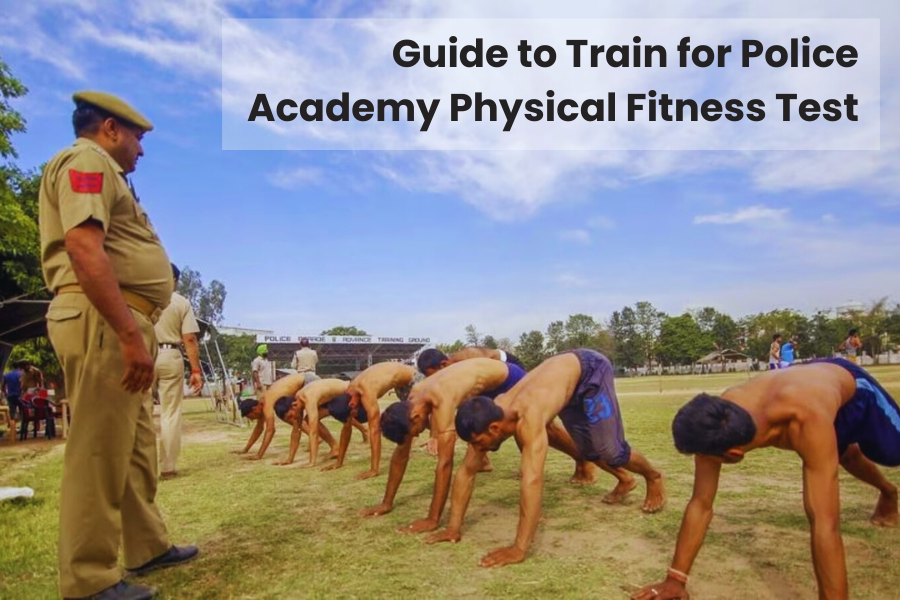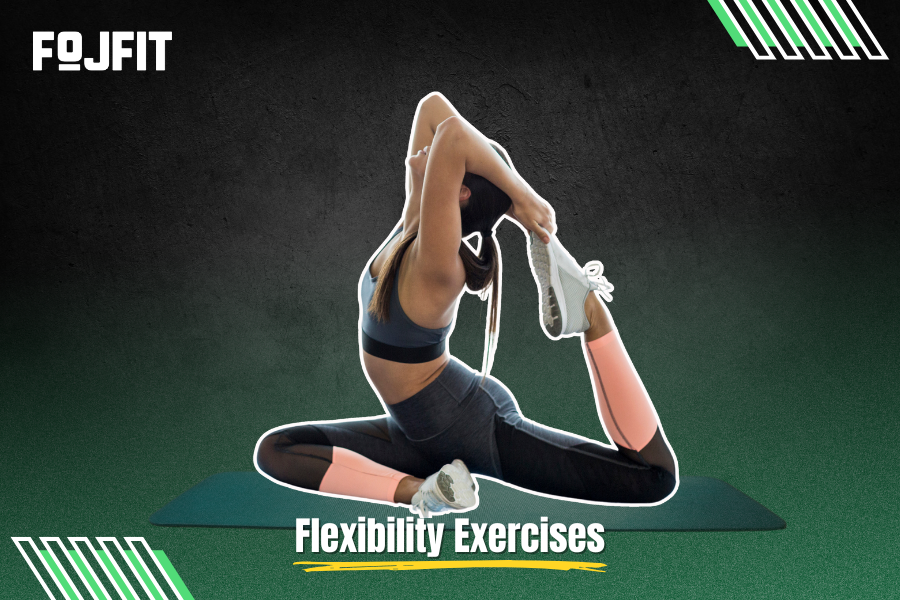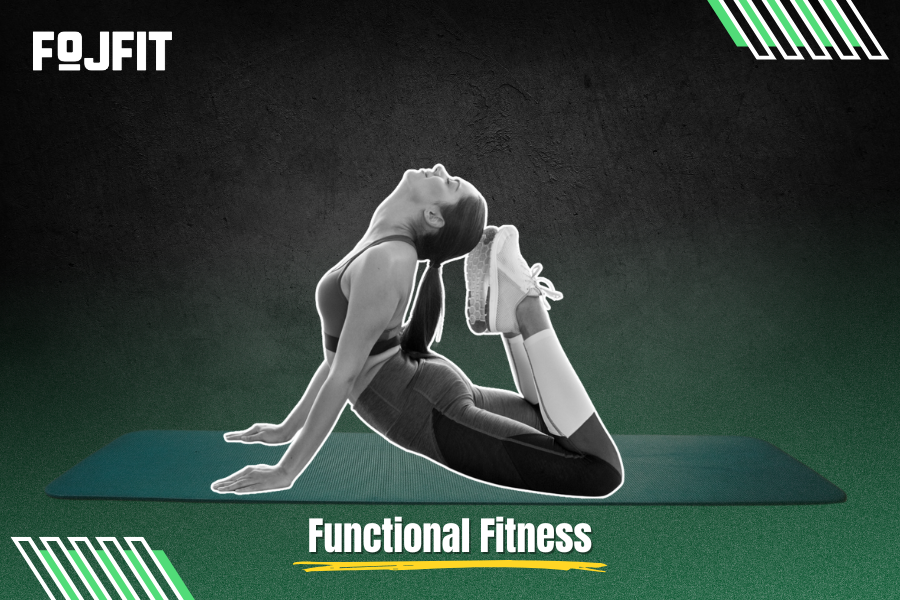Read Our Latest Blogs
Read about science-backed fitness facts, healthy eating habits, workout tips and tricks, nutritional foods, and more. Your one-stop shop to stay updated with in-vogue fitness trends.


Entering into the police force and contributing to safeguarding the citizens and maintaining law and order is an honor that every aspirant anticipates. However, to earn this honor, every aspirant has to bear the immense pressure of the physical and mental demands that the police academy physical fitness test places upon the candidates. Consequently, each candidate must familiarize themselves with the details and enhance their physical and mental capabilities to qualify for the exam and become a competent police officer. The preparation for the physical fitness test requires a well-rounded training program that helps candidates build stamina, endurance, strength, and overall fitness. Since the examination is designed to test the physical and mental determination of the entrants, it is vital to create a roadmap to stay focused, motivated, and keep on track with your goals.
Every candidate can give the best start to their fitness journey by developing a resilient mindset. Etch in your mind that despite grave hardships, you need to sustain and reach your destination. Once you are clear with the concept of adapting to a resilient thought process, create a dedicated routine that can enhance your workout for police exams. Your fitness routine should be a combination of physical conditioning, specific exercise preparation, and mental readiness.
Here is a simple yet effective guide to help candidates perform to the best of their abilities and maximize their chances of success in the exam.
It is of utmost significance that candidates structure their training adequately to deliver the maximum output. To achieve this objective, it is vital to determine the set of exercises involved, the number of repetitions, the duration required, the time limits for each segment, and every other criterion you need to meet. Understanding the expectations will allow you to tailor your physical fitness training per police exams, concentrate on essential skills, and work towards exceeding the established criteria.
Since every fitness exam component has limited time allotted to it, time management becomes integral for the optimization of physical training, balanced preparation, gradual and consistent progression, and mental preparedness. Through efficacious time management tips and tricks, you can achieve the physical fitness levels necessary for the exam and multiply your chances of success. By following a strict timetable, you can distribute your time evenly to work on all aspects and build strength and stamina without overexerting yourself.
While it is true that police physical test preparation requires consistency in the physical training routine, it is also substantial to take adequate rest to avoid the risk of injuries. With a balanced fitness routine, you can effortlessly distribute your time into even intervals and allocate time for cardiovascular exercises, strength training, flexibility work, endurance routine, and specific practice for the exam segments. This balanced approach will help you adequately prepare for all aspects of the police physical fitness exam and, at the same time, give your body the proper rest it requires for healing.
Functional training mimics daily life actions, such as bending, pushing, lifting, twisting, pulling, squatting, reaching, etc. In addition to enhancing core strength, stability, and balance, functional training improves calorie burn, fat loss, and proprioception (our sense of position and movement of the body). Some examples of functional training exercises involve squats, planks, pull-ups, ladder drills, step-ups, jumping jacks, push-ups, deadlifts, etc.
Expert fitness professionals possess the knowledge and experience to impart expert guidance tailored to the essentials of the police academy physical fitness test. Since professionals understand the intricacies of components, standards, and test expectations, they can design personalized training plans to help candidates maximize their performance potential. Moreover, having a professional mentor provides accountability and motivation that keeps you consistent in your efforts.
The journey to qualifying for the examination and becoming a qualified police officer requires determination, grit, and consistency. Since the purpose of the test is to test the capabilities and skills of the candidates, it is significant that you never underestimate the importance of stringent preparation. By preparing and sticking to the routine, you can explore your capabilities, identify your flaws, and work on your shortcomings to enhance your physical fitness levels and achieve your goal of qualifying the exam and becoming a police officer.

These workouts are designed to prepare individuals for the physical demands of military service, these can be performed...
04 October 2023
Flexibility is a vital factor in improving the overall body movement of an individual while building strength and stabil...
17 October 2024
For defence aspirants, physical fitness isn't just about passing a test; it's about preparing for the unpredictable, dem...
18 August 2025